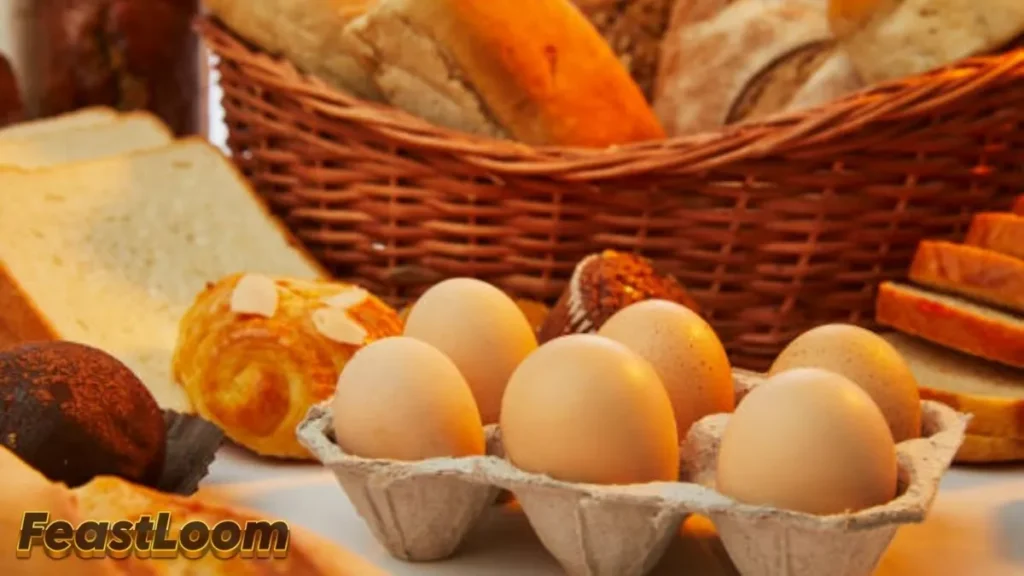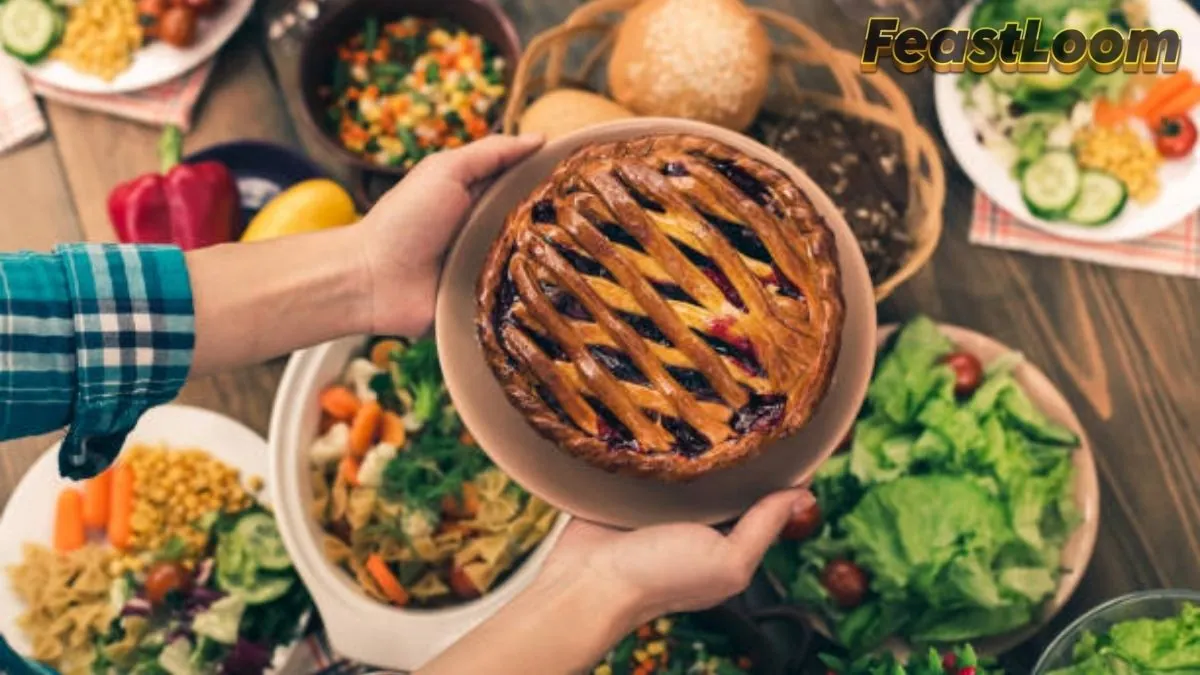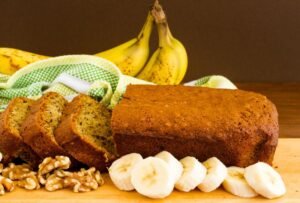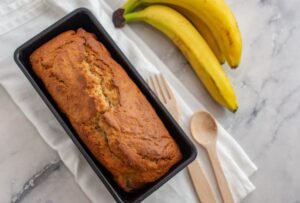Could blockchain be used to certify “authentic” banana bread recipes?

Could blockchain be used to certify “authentic” banana bread recipes?
Introduction
Blockchain technology has been making waves not only in the financial sector but also in various other industries. Among its many potential applications, a unique possibility that has surfaced is its use in certifying “authentic” recipes. Yes, you heard that right – recipes! This article will explore the question: Could blockchain be used to certify “authentic” banana bread recipes?
Understanding the Blockchain Technology
Blockchain is a decentralized ledger of all transactions across a peer-to-peer network. This technology allows participants across the network to validate transactions without needing a central authority. The data on a blockchain is transparent and immutable, making it a credible witness to the authenticity of any information placed on it.
Blockchain for Authentic Recipe Certification
Food authenticity is becoming increasingly important, and the application of blockchain technology could potentially play a crucial role. In this context, certifying “authentic” banana bread recipes with blockchain could be seen not just as a validation of quality, taste, or technique but as a claim testifier of the origins and history of the recipe itself. But, how exactly does blockchain fit into all of this?
How Could It Work?
Theoretically, a recipe certification process using blockchain could go as following:
- An individual or organization decides to establish a banana bread recipe as authentic.
- The recipe is then uploaded to the blockchain, thus creating a permanent and immutable record.
- Each step and ingredient list in the recipe is given a unique digital identity that can be traced.
- This unique digital identity is used to certify the authenticity of the recipe, as any changes can be traced and identified.
Benefits of Blockchain In Recipe Certification
The use of blockchain in the validation and certification of recipes, in theory, offers multiple benefits:
- Traceability: With blockchain, every ingredient, every step, and every change can be traced right back to its genesis. This makes the recipe’s history transparent to all users.
- Visibility: Recipes stored on a blockchain are visible to everyone in the network. This transparency can create trust among consumers and discourage bad actors from altering or fabricating recipes.
- Authenticity: When a recipe is placed on blockchain, its authenticity is set in stone. Any changes made to the original recipe are recorded, creating a certification of authenticity that is indisputable.
Challenges and Considerations
While it is an interesting proposition, using blockchain to certify banana bread recipes or any other food recipe is not without challenges. Determining who has the authority to deem a recipe as “authiginal” could be problematic. There might be disagreements about the authenticity of various banana bread recipes, and the proliferation of false claims could dilute the value of certification.
Conclusion
In conclusion, while there are still challenges to be addressed and standards to be set for the use of blockchain in recipe certification, the potential benefits are exciting. Blockchain certification could play a part in preserving the legacy of traditional recipes, in promoting transparency among consumers, and in protecting against fraudulent claims. Time will tell if we’ll see blockchain-certified banana bread recipes in the near future.
References:
- Blockchain basics: What it is and how it works
- Using Blockchain for Food Safety and Traceability
- The future of food traceability: How blockchain could help

Learn More
Conclusion
Blockchain technology holds a vast range of potential applications in different industries, including the culinary world. It can be effectively used to certify authentic banana bread recipes by maintaining a transparent, immutable and traceable record of every step in the creation process. Blockchain-based certification not only verifies the origin and authenticity of a recipe, but also ensures the quality of the ingredients used. It takes into account the exact quantity, preparation process, and baking directives to ensure that the final product is as per the authenticated recipe. By using blockchain, we can eliminate recipe fraud and thereby increase consumer trust. Furthermore, applications of blockchain in recipe certification make it possible to trace back to individuals who have contributed to the recipe, providing options for recognition and reward systems. Therefore, it could be concluded that blockchain technology has the capacity to revolutionize the culinary world by presenting a reliable, efficient, and tamper-proof method of certifying authentic recipes such as banana bread.
FAQs
1. Could blockchain really be used to certify banana bread recipes?
Yes, blockchain can be used to form a trusted, transparent and tamper-proof system to certify and authenticate banana bread recipes.
2. How does blockchain ensure recipe authenticity?
Blockchain keeps a permanent and chronological record of transactions. When applied to recipes, it records every step of the creation process, ensuring recipe authenticity.
3. Can blockchain help in ensuring quality of ingredients?
Yes, the blockchain record can include information about the source and quality of the ingredients used, ensuring that the recipes comply with the stated standards.
4. Can blockchain prevent recipe fraud?
Yes, by providing a transparent and unchangeable record of the recipe, blockchain technology can help prevent recipe fraud.
5. Can blockchain trace back contributions to a recipe?
Yes, blockchain can trace individual contributions to a recipe, opening up options for recognition and reward systems.
6. Is blockchain technology reliable for recipe certification?
Yes, blockchain, being a distributed and transparent technology, is a reliable method for recipe certification.
7. Can blockchain technology change the culinary world?
Given its capacity to authenticate and certify recipes, blockchain technology has the potential to revolutionize the culinary world.
Could blockchain be used to certify “authentic” banana bread recipes?

When you make purchases through the links available on our site, we may receive an affiliate commission at no additional cost to you.



